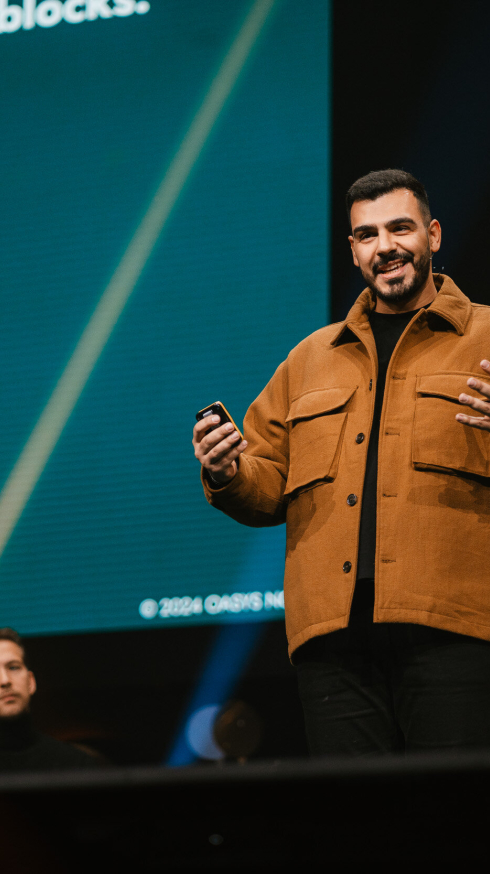

In the spotlight
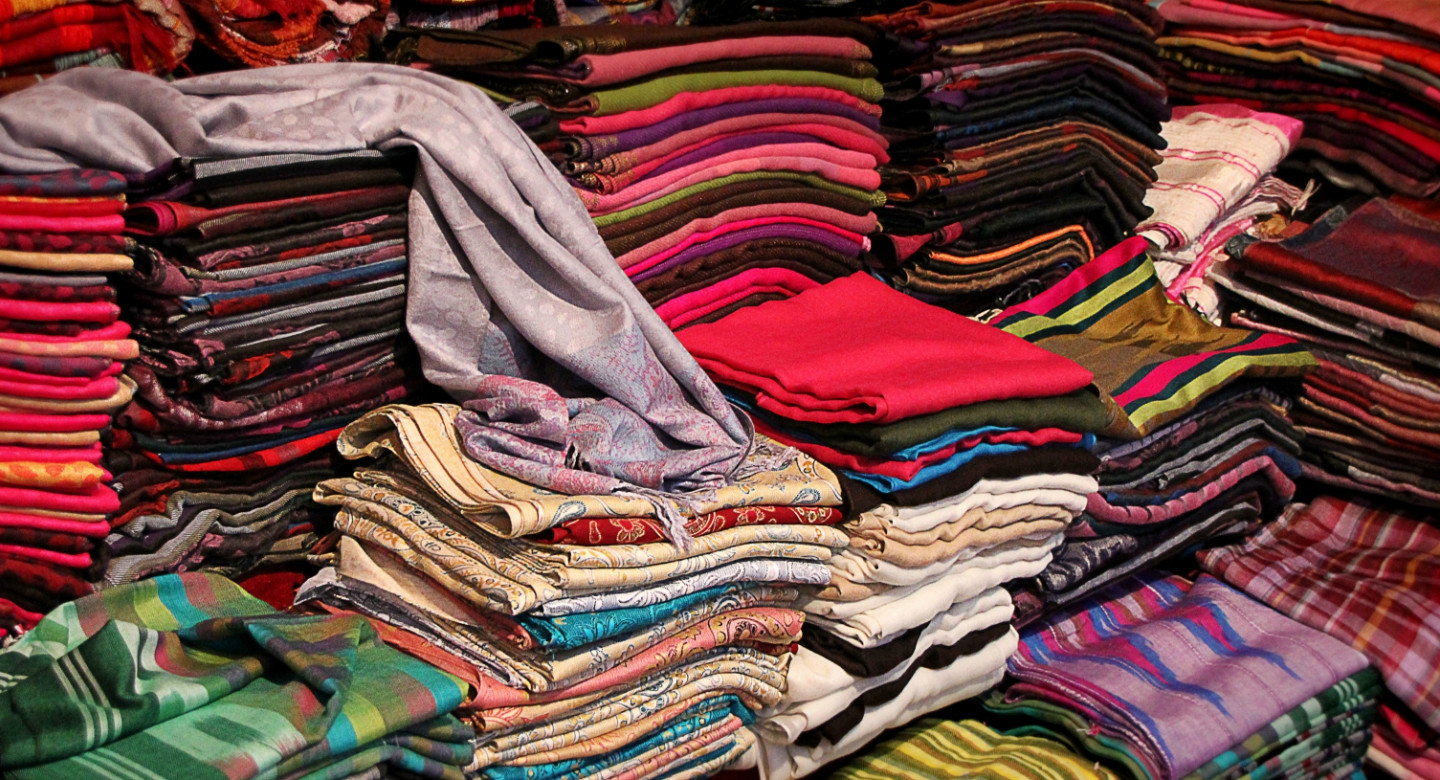
The textile dye industry is the world's second largest polluter of drinking water. The chemicals used during the dye process of (synthetic) textile materials, are usually drained into open waters. However, the textile industry is working to change that by creating the world’s first waterless and non-chemical textile dye plant – a leap forward in making the process more sustainable.
Dutch company CleanDye has developed the world’s first machines for textile dyeing that do not use water or chemicals in the textile dye process. Instead of using water as a detergent for their colouring system, they use CO2. These machines are currently in large-scale commercial use in Taiwan and Thailand, and are considered the new standard in the textile dye industry.
Developing a sustainable, green industry is a multi-party project. CleanDye collaborates with partners who share their environmental values regarding textile production, pre-treatment of textile and clothing manufacturing. CleanDye also asks that these companies work in accordance with internationally recognised social standards. CleanDye’s aim is to collaborate with large European retailers who sell affordable clothing and sporting apparel.
With the anticipated signing of the free-trade agreement between the European Union (EU) and Vietnam his year, EU import duties for textile and clothing are expected to decrease significantly, with foreign investments expected to grow. The combination of the predicted export growth, a competitively priced labour force and high quality (polyester) textile, Vietnam is a preferred location for the textile industry.
The CleanDye plant in Ho Chi Minh City was opened in April this year. The opening ceremony was conducted by the Dutch minister of Infrastructure and Water Management, Cora van Nieuwenhuizen, CleanDye founders Patrick Lohle, Olaf Lohle and Jeannine Butzelaar, and the Dutch Consul in Ho Chi Minh City Carel Richter.
Vietnam’s down-to-earth way of doing business – focused on collaboration and partnerships – fits perfectly with the Dutch business model, Dutch knowledge institutions and investors, and is aligned with the Dutch commitment to the Sustainable Development Goals (SDG) as set out by the United Nations. Additionally, Vietnam’s economic development, young population, political stability and unique position in the region, make the country attractive for investment and doing business.
The Dutch Good Growth Fund (DGGF) co-financed the development of the CleanDye plant. The Dutch government stimulates businesses in sharing their knowledge and skills to developing countries. DGGF makes it possible for Dutch entrepreneurs to do business in developing countries and growing markets through financing and credit risk insurance.
Vietnam is one of the countries eligible for the DGGF scheme for Dutch entrepreneurs for more information about other developing countries also eligible for the scheme, and information concerning the fund itself.
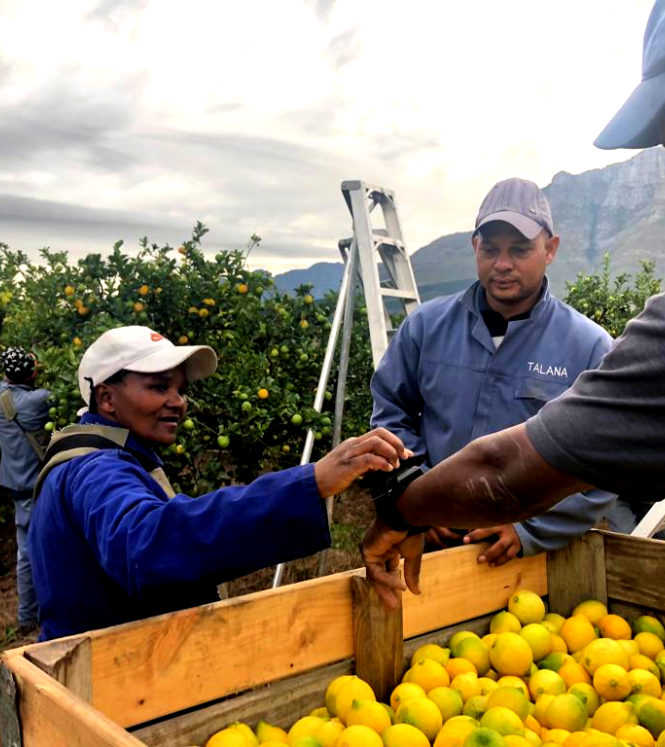
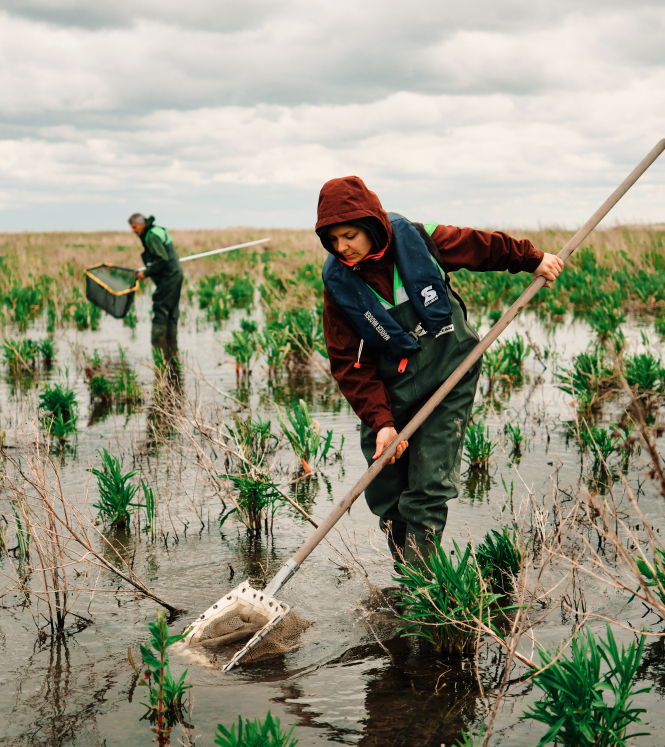
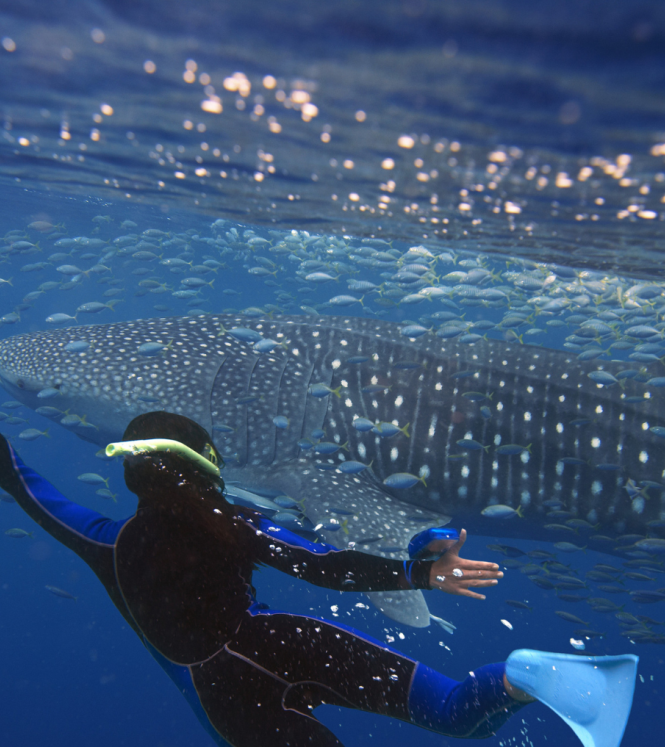
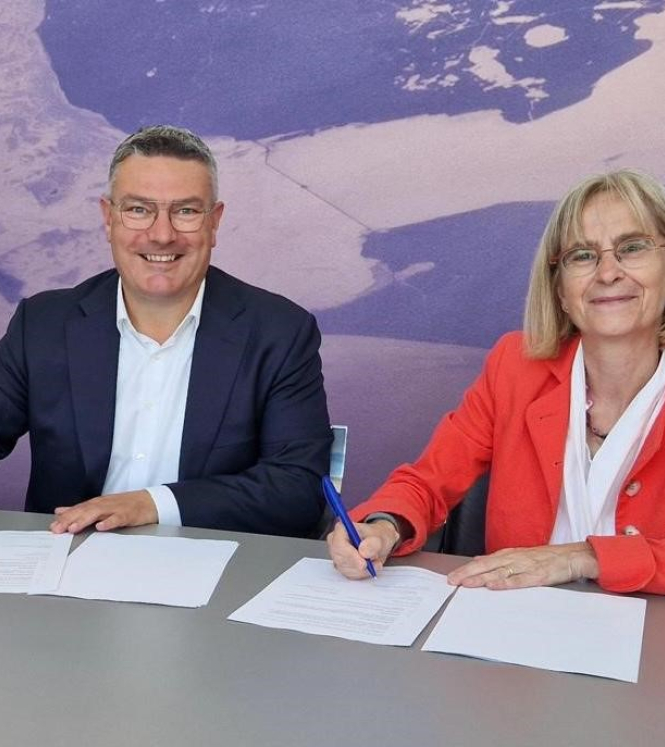
Want to know more about how you can work together with the Netherlands to achieve your goals? Or how you can help contribute to or spread the word on campaigns, events and initiatives? Contact us directly at info@nlbranding.nl so we can help you connect to the right people.